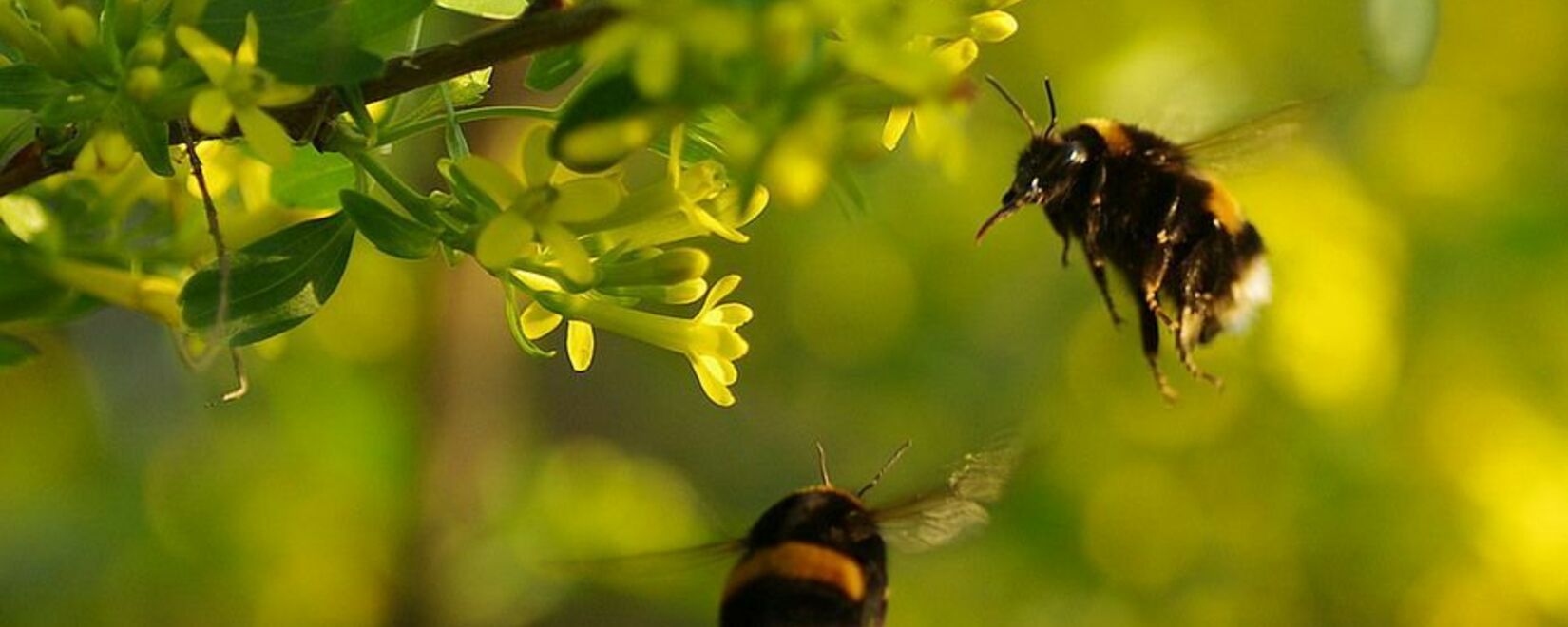A team of Oxford University researchers continues to explore the trade-off between protecting plants and protecting pollinators such as bumblebees and bees. They are researching potential compounds that may deter pollinators from consuming the pesticide nectar and being poisoned.
It is known that bumblebees and bees can distinguish between sweet solutions. Some compounds seem "bitter" to them, so the researchers decided to see if it could help them avoid consuming pesticides.
The researchers used two methods to test whether ground bumblebees could taste neonicotinoid and sulfoximine pesticides in nectar that mimicked the taste of oilseed rape, and whether they would avoid consuming pesticides at different concentrations.
The results showed that the neurons' responses were the same regardless of whether the insects drank a sugar solution or sugar-containing pesticide cocktails. This means that bumblebees' mouthparts do not have mechanisms to detect and prevent the consumption of pesticides in nectar.
These results are important because they show that bumblebees cannot avoid exposure to pesticides by relying solely on their sense of tasting sweet nectar.

 Trading platform
Trading platform 
 Monitoring
Monitoring  Express applications
Express applications 
 Fork Work
Fork Work 
 Service
Service  News
News  Directory
Directory 
